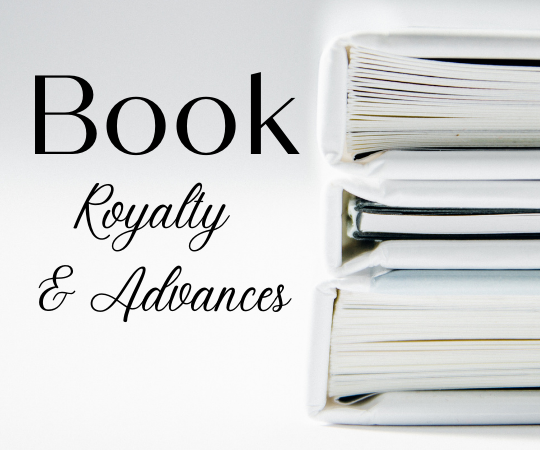Book publishers compensate writers for their work through the use of book royalties and book advances. The following is a concise explanation of what and how book royalties and book advances function.
Book Royalty
The copyright holder (writer) contracts with a book publisher to publish a book. This sum is referred to as royalty and is calculated as a ratio of sales. Majority of the trade book publishers, it is customary to pay royalties on the book list price.
As with other contract provisions, the royalty rates are specified in the book contract. Royalties for numerous editions of a work are standardized by book publishers, such as paperback, hardcover, etc.
Book Royalties vs. Book Advances
A “book advance,” as writers and book publishers commonly refer to it, is an “advance against royalties.” The majority of traditional publishing will advance the writer against royalties. They “advance” the writer the sum of money depending on the anticipated revenue from the book.
The book’s amount against book royalties depends on several criteria, including publisher size, previous book sales, writer track record, books’ subject matter, and topicality. For example, writers at small publishers may get book advances ranging from $1000 to $10,000, whereas New York Times best-selling writers may get to $10 million or more for the same amount of work. The book advance is typically paid in installments at various stages of the book creation process.
Earning money for a Book Advance
A book advance granted to a writer is said to earn out when the royalties collected from the book sales exceed the advance given to the writer. In other words, the book by a writer receives a $6,000 advance, and the writer must sell 6,000 copies before it is regarded that they have earned out.
Book publishers keep a reserve ratio on the books they sell since the industry standard is that books are returnable. (Higher chances of the book return when the book is new; the majority of what is not sold within a short period is returned to the book publisher.)
Payments and Checks for Royalties
After a book earns out, the writer continues to get royalty payments as long as the book remains in print and continues to sell. After that, the publisher sends royalty cheques on a regular, recurring basis (usually twice a year). For writers and writers represented by literary agencies, the checks are routed via the agencies, who forward them to the writer- royalties less the agents’ cut.
Whether the book royalty check is received directly from the book publisher or via a literary agency, it should always be backed by a royalty statement that details the precise number of volumes sold in each category. Additionally, industry practice indicates that if a book underperforms, the writer is not required to repay the royalty percentage that was not paid.
Note: While this blog intends to outline the fundamental book advance and book royalties concept, bear in mind that the writer is a writer- not a literacy agency or a lawyer, and the contents of this blog should not be construed as authoritative legal advice. When negotiating book royalties and book advances, you should seek literary agencies and/ or attorney advice.
Finding the right firm that offers quality and affordable book marketing and book publishing services is easy with Blueprint Press Internationale. Pick up your phone and dial (888) 617-8289 to know more. You can also go to blueprintinternationale.com for more details.




